Shares of pharmaceutical companies, including AbbVie, the manufacturer of the widely used biologic drug Humira, have been under scrutiny in recent years due to the high cost of these medications. President Donald Trump has taken steps to lower the prices of prescription drugs, including biologics, which are produced through biological processes and account for just 5 percent of prescriptions but make up a significant portion of the pharmaceutical industry's revenue.
According to a report by PolitiFact, Trump has directed the Food and Drug Administration (FDA) to streamline its regulation process to boost the development and approval of cheaper copycat drugs, such as generic and biosimilar drugs. Biosimilars are highly similar versions of biologics, which are often used to treat chronic conditions such as diabetes and rheumatoid arthritis. One of the most widely used biologic drugs is insulin, which is used to treat diabetes.
The high cost of biologics has been a major concern for patients and healthcare providers. Biologics, such as Humira, are often priced in the tens of thousands of dollars per year, making them inaccessible to many patients. According to the packaging for AbbVie's Humira, the medication is priced at around $6,000 per year for a 30-milliliter vial.
Trump's efforts to lower the prices of prescription drugs have been met with mixed reactions from the pharmaceutical industry. Some companies, such as AstraZeneca, have agreed to lower the prices of their medications as part of deals with the Trump administration. However, other companies, such as AbbVie, have been more resistant to price cuts.
The high cost of biologics is due in part to the complex and time-consuming process of developing and approving these medications. Biologics are produced through biological processes, such as fermentation or cell culture, and must undergo rigorous testing and approval before they can be marketed. This process can take years and cost hundreds of millions of dollars.
In addition, the high cost of biologics is also due to the lack of competition in the market. Many biologics are protected by patents, which give the manufacturer exclusive rights to market the medication for a certain period of time. This can limit the development and approval of biosimilars, which are often cheaper alternatives to biologics.
Trump's plans to lower the prices of prescription drugs, including biologics, are expected to have a significant impact on the pharmaceutical industry. If successful, these efforts could lead to lower prices for patients and increased competition in the market. However, the industry has been slow to adopt these changes, and it remains to be seen how effective Trump's plans will be in lowering the prices of biologics.
In a statement, a spokesperson for the FDA said, "We are committed to streamlining our regulation process to boost the development and approval of cheaper copycat drugs, including biosimilars. This will help to increase competition in the market and lower prices for patients."
The Trump administration has also launched a new website, TrumpRx, which aims to provide patients with information on the prices of prescription drugs and the availability of cheaper alternatives. The website is expected to be a valuable resource for patients and healthcare providers looking to navigate the complex world of prescription drugs.
As the pharmaceutical industry continues to evolve, it remains to be seen how effective Trump's plans will be in lowering the prices of biologics. However, one thing is clear: the high cost of biologics is a major concern for patients and healthcare providers, and any efforts to lower these prices will be welcomed by those who rely on these medications.
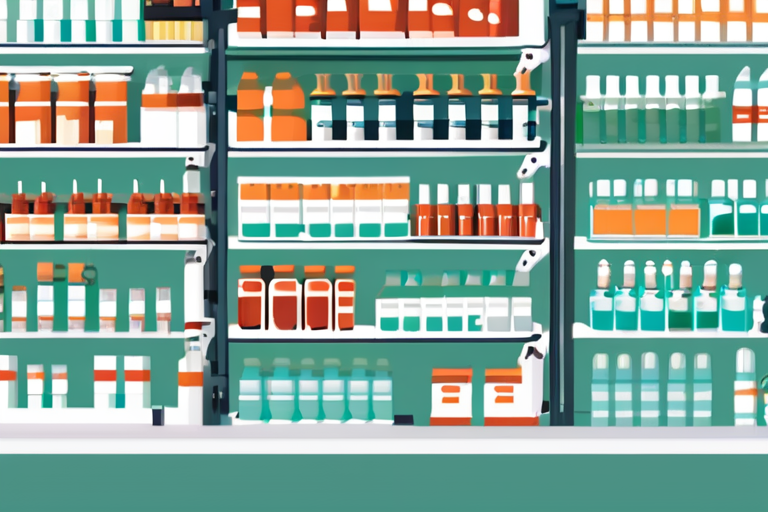

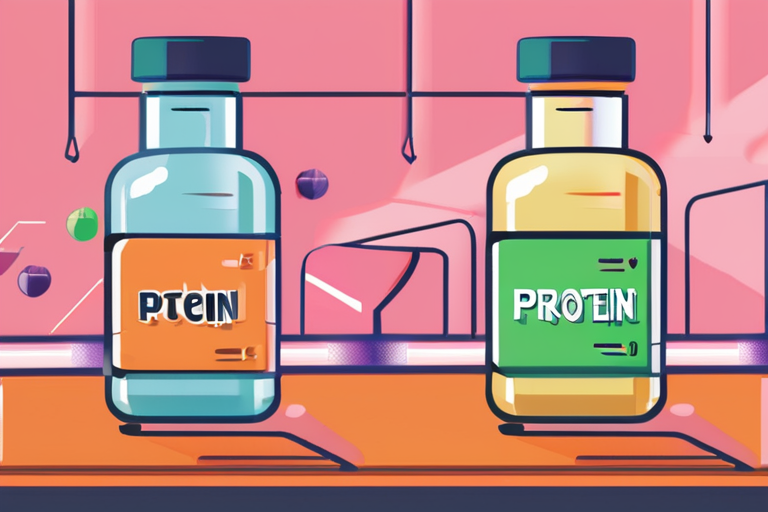
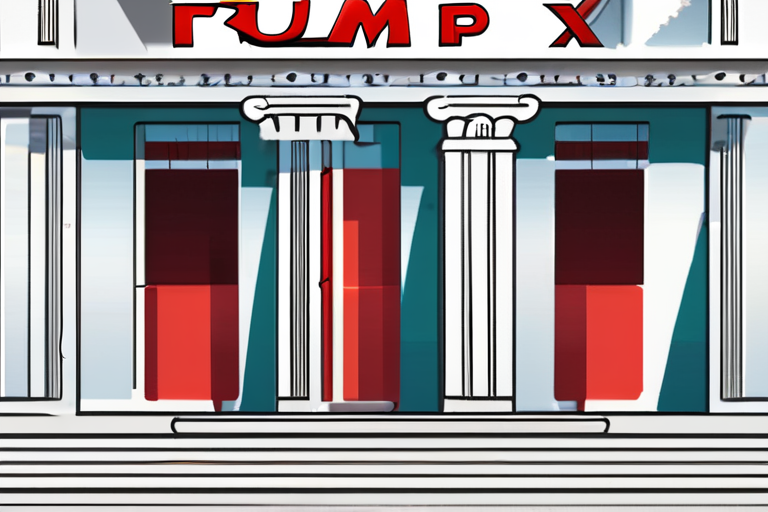


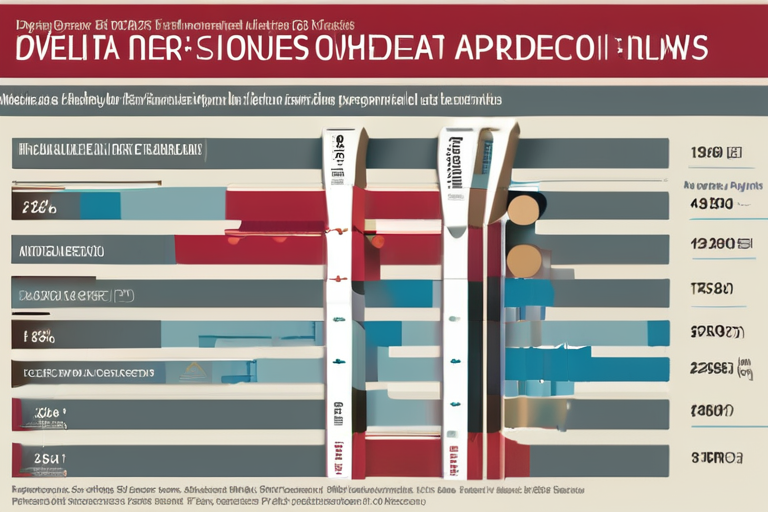
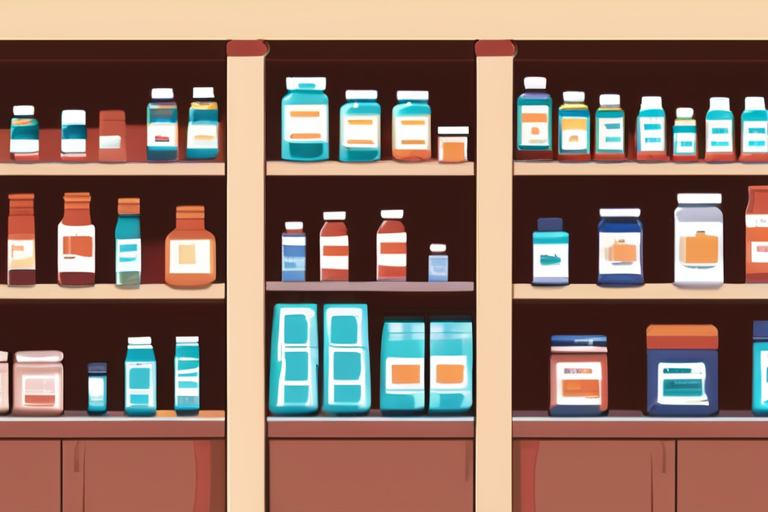
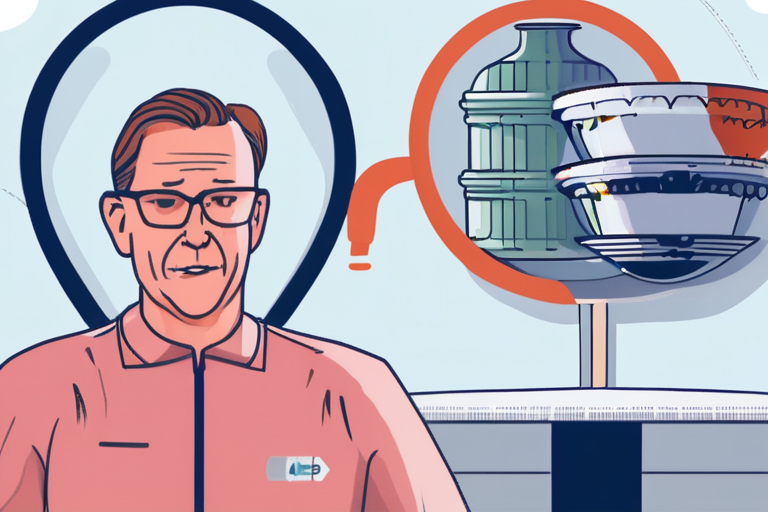
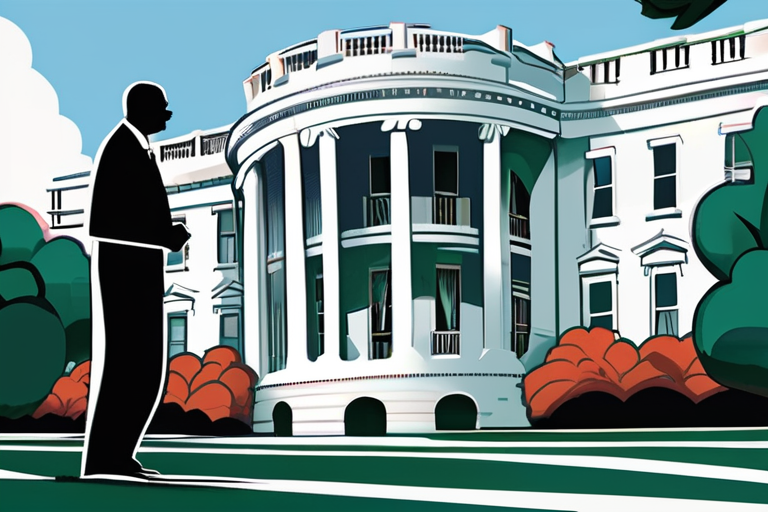
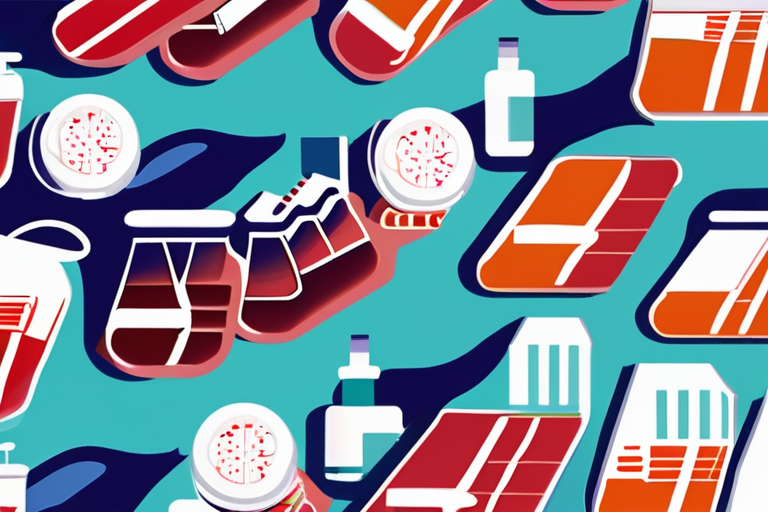
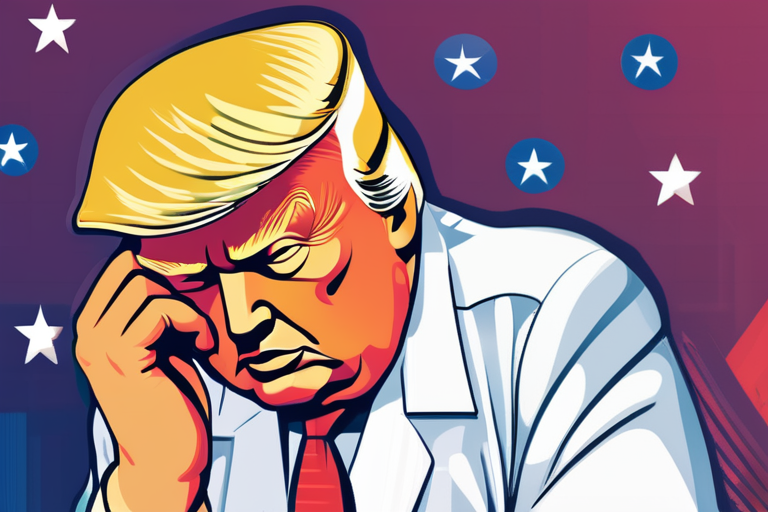
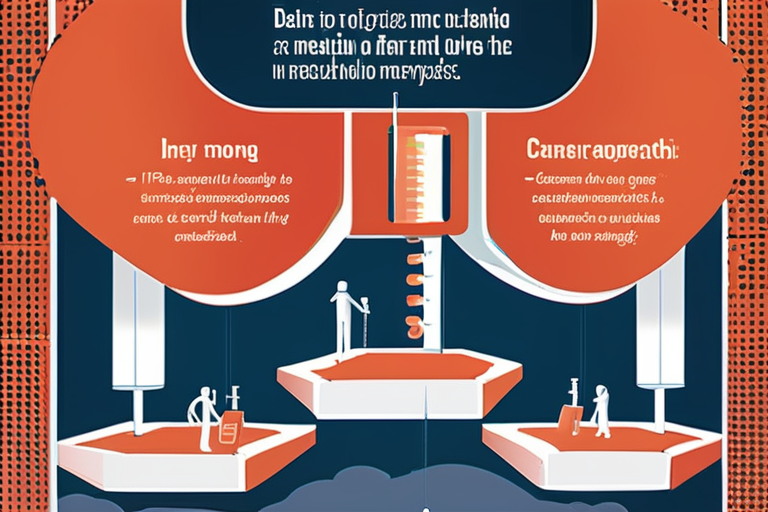
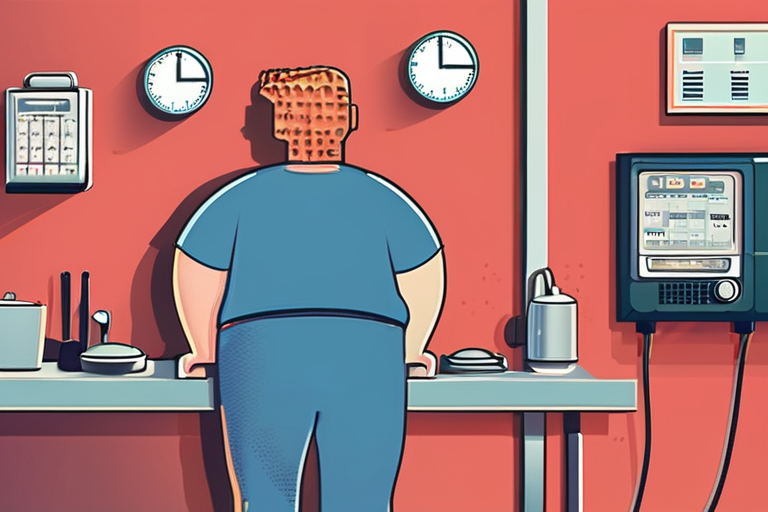
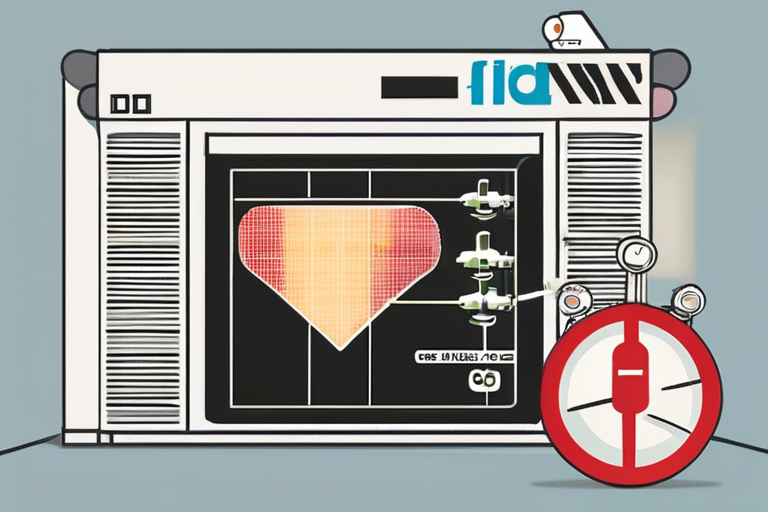
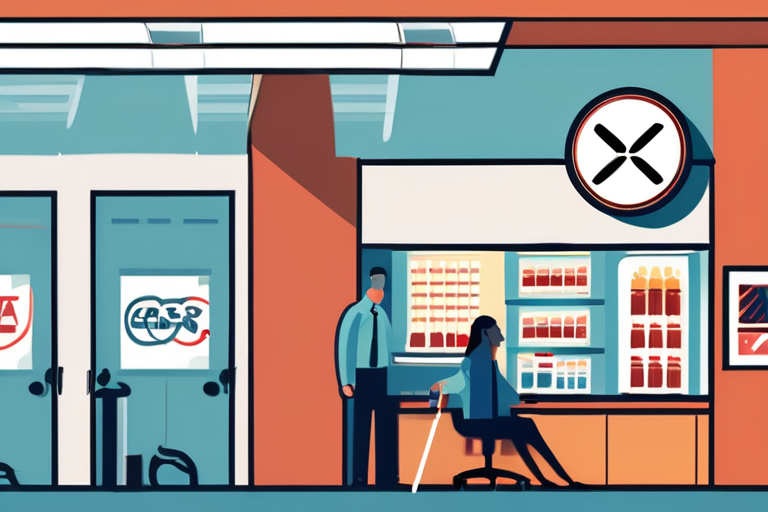



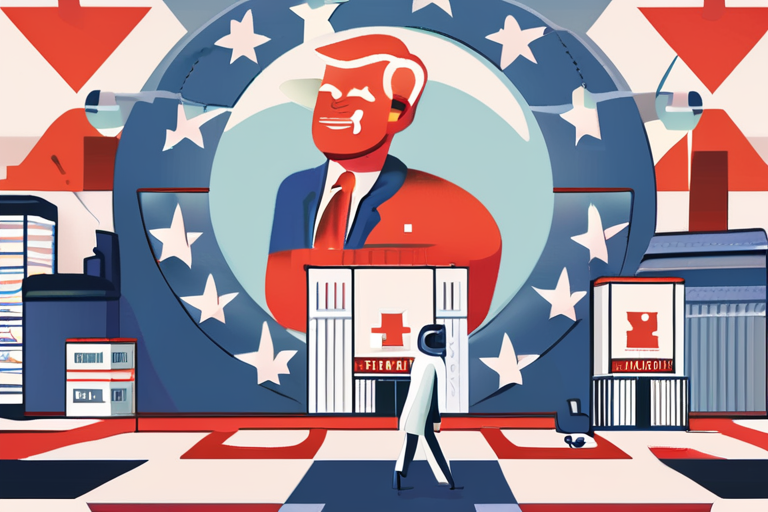
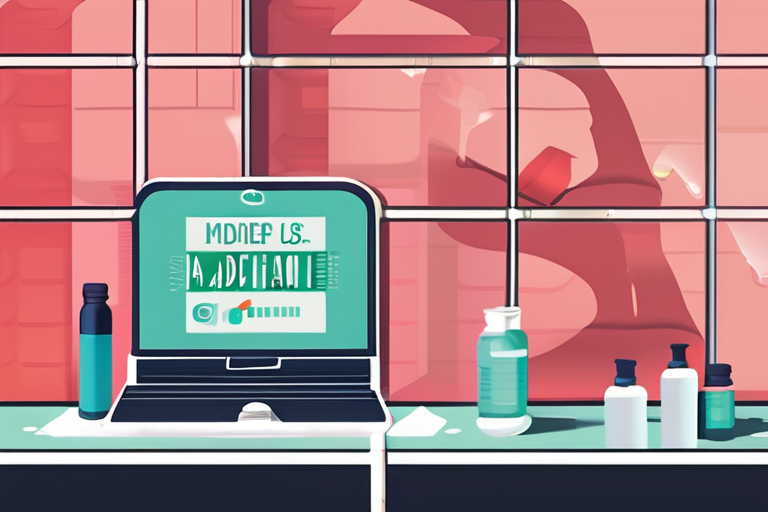
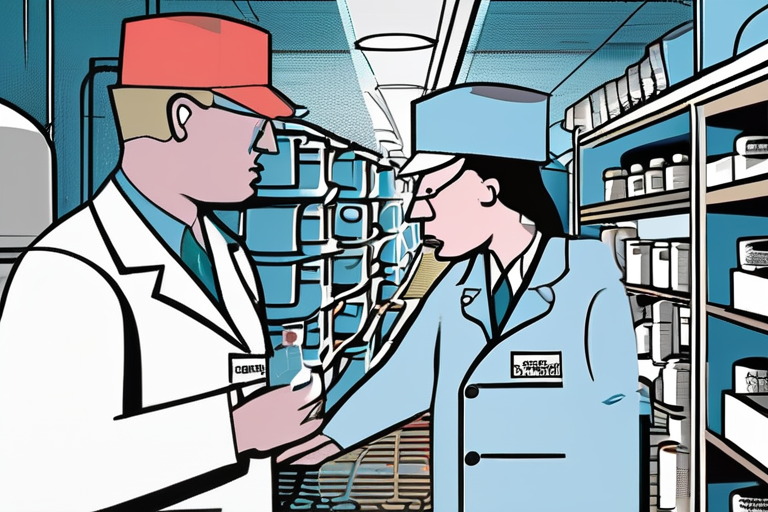
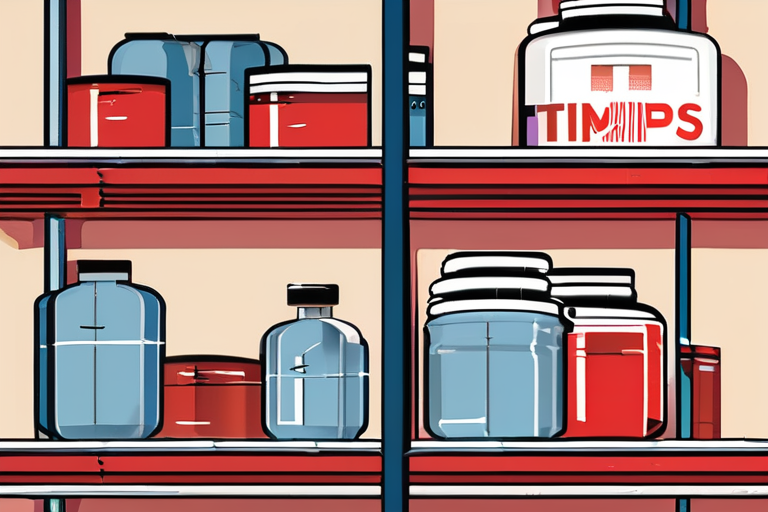
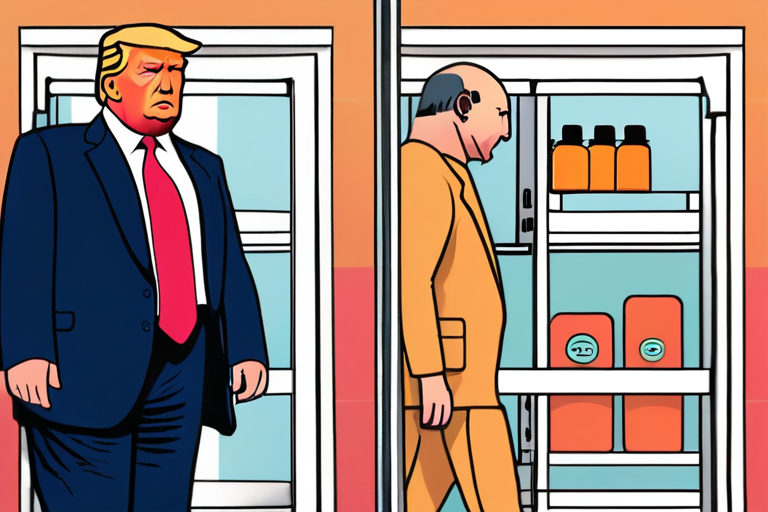

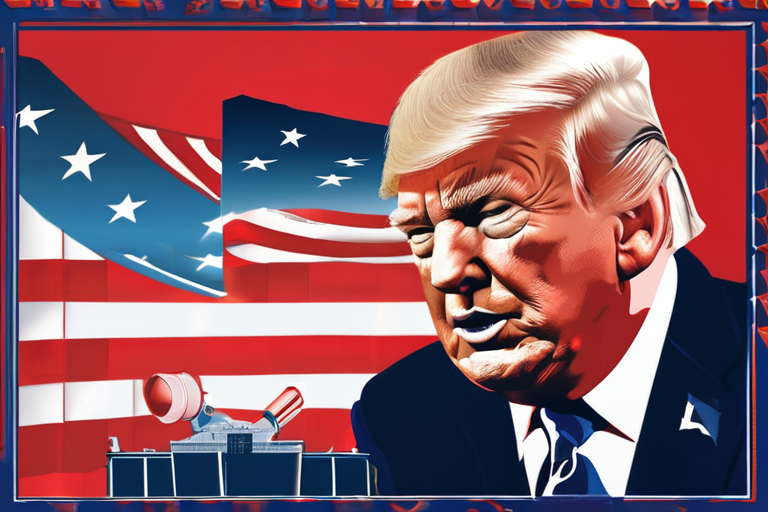
Share & Engage Share
Share this article